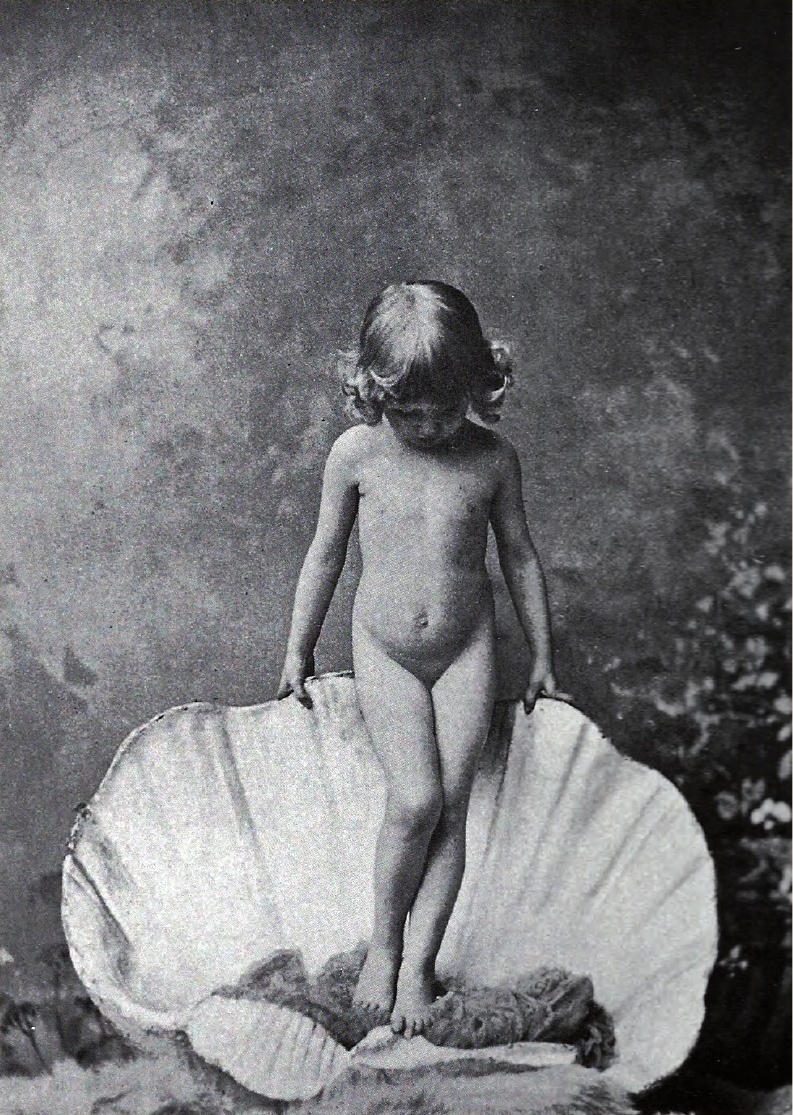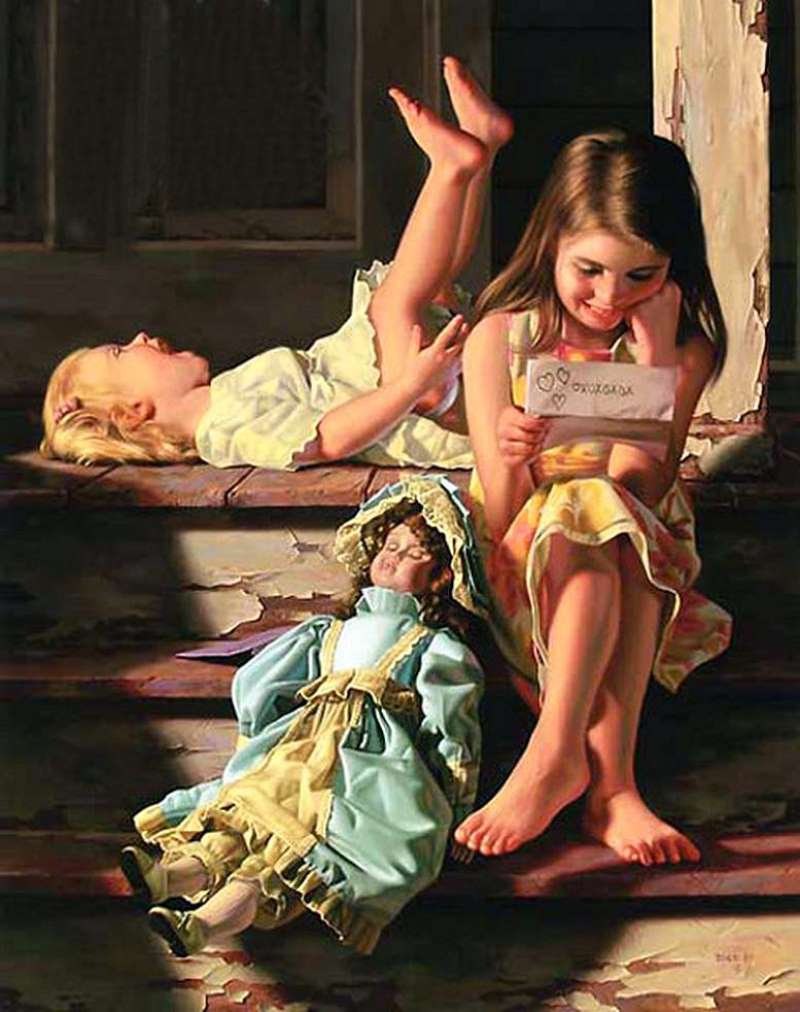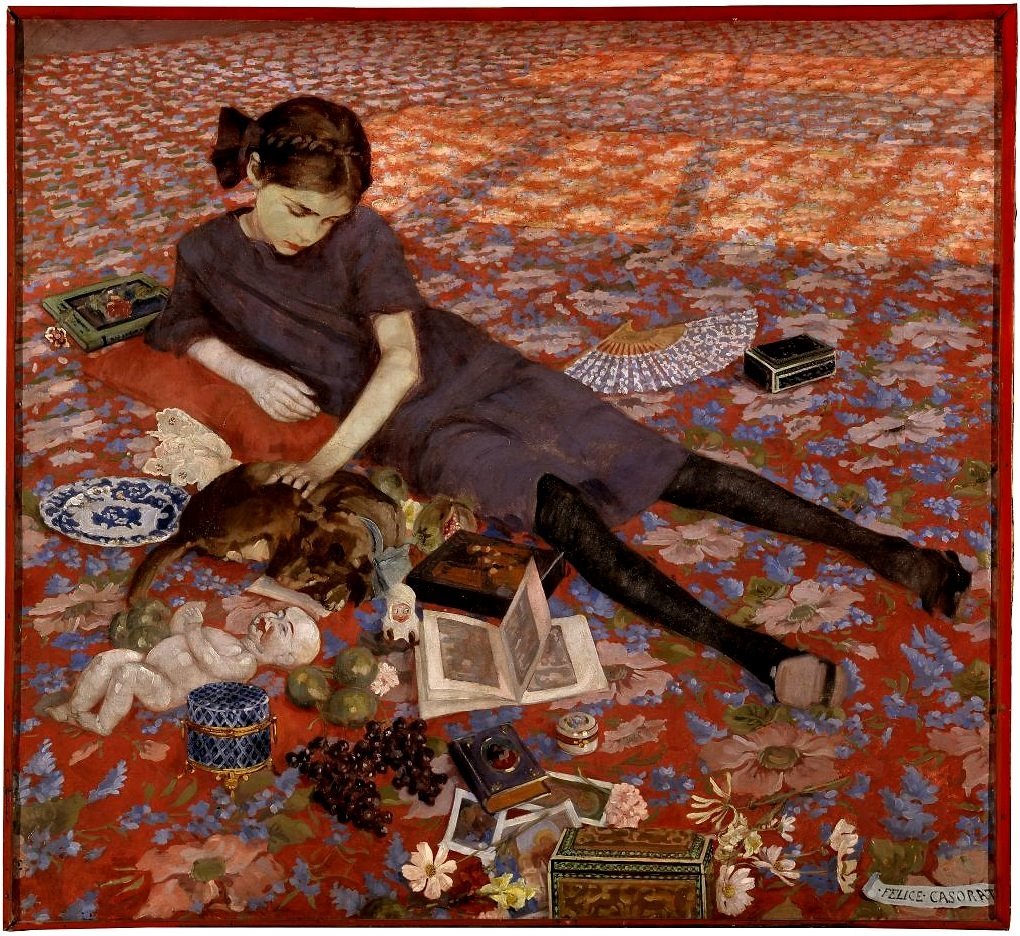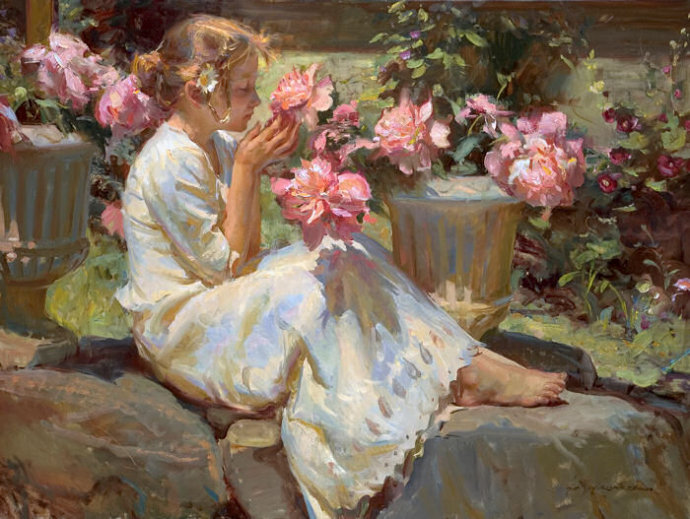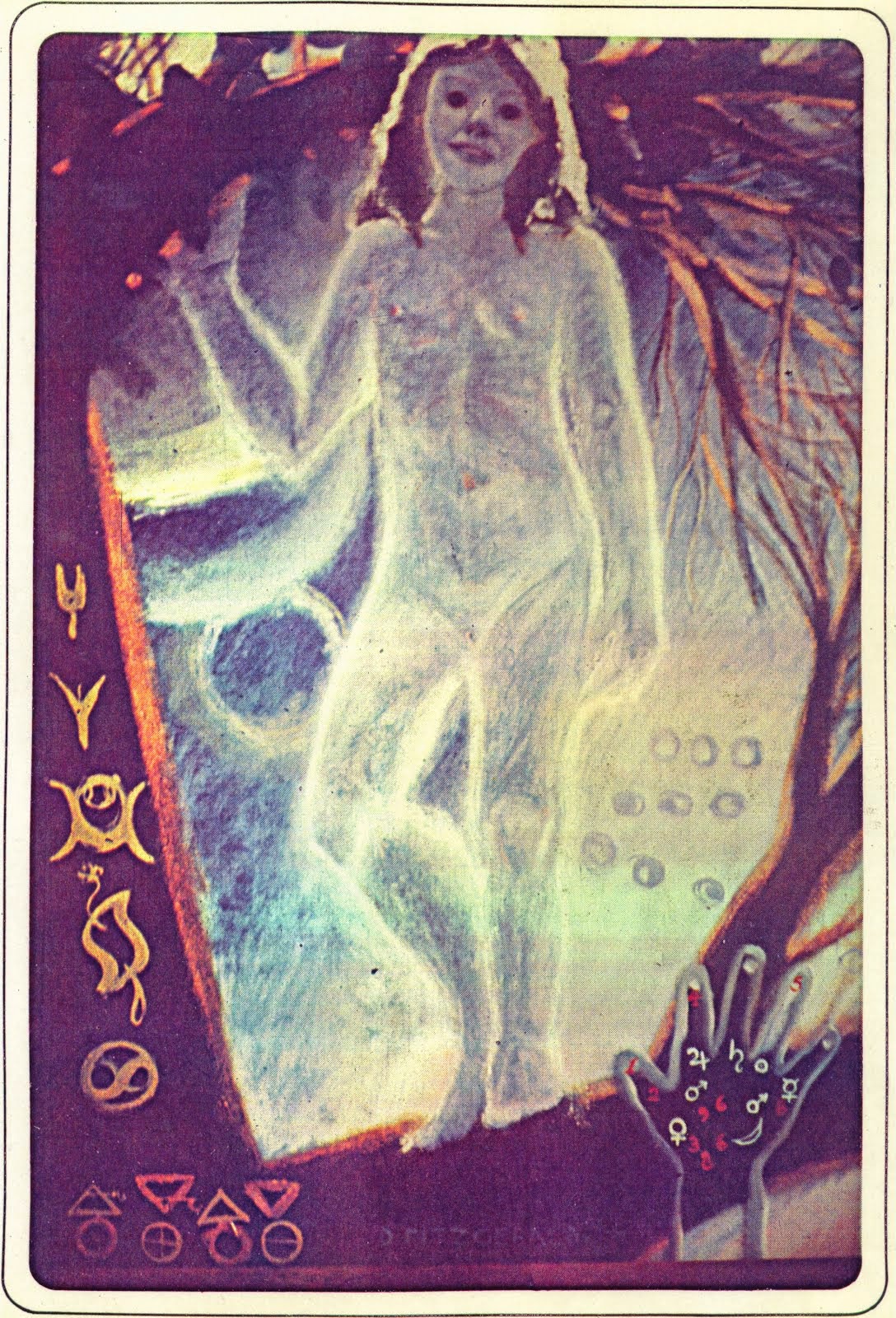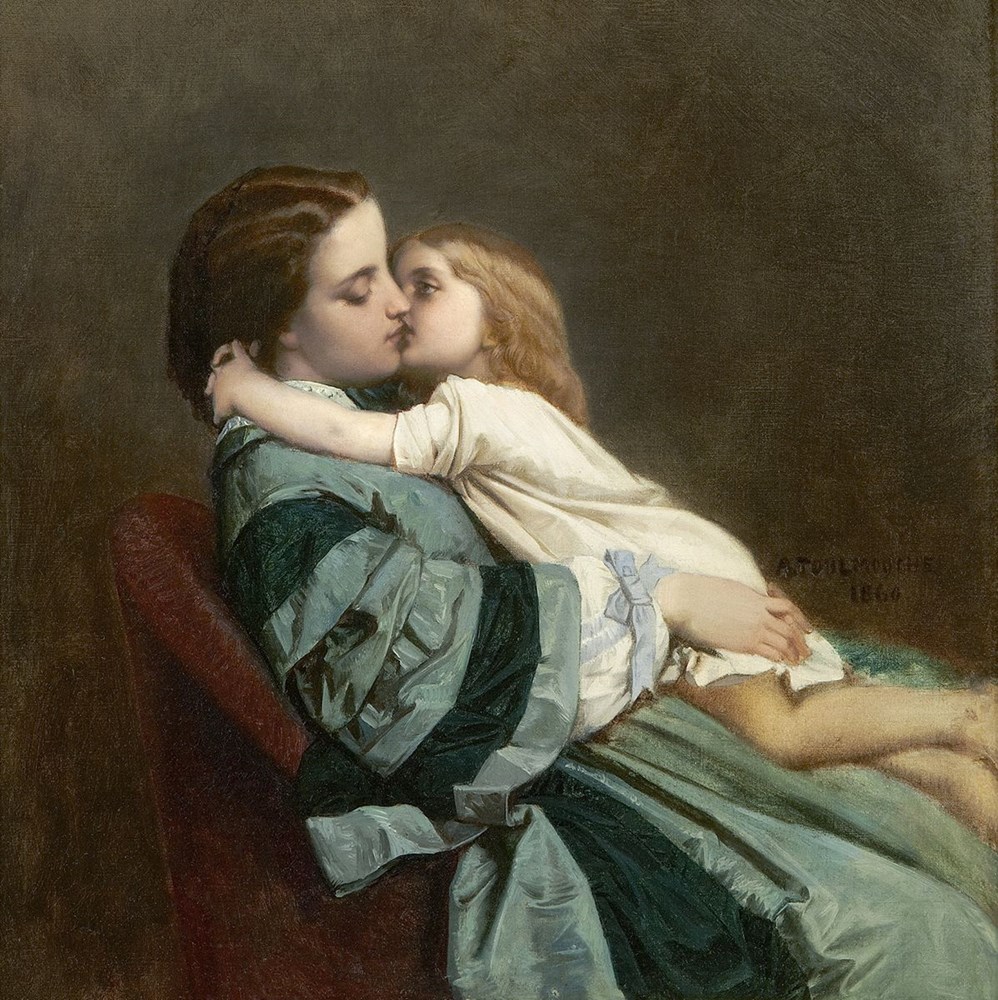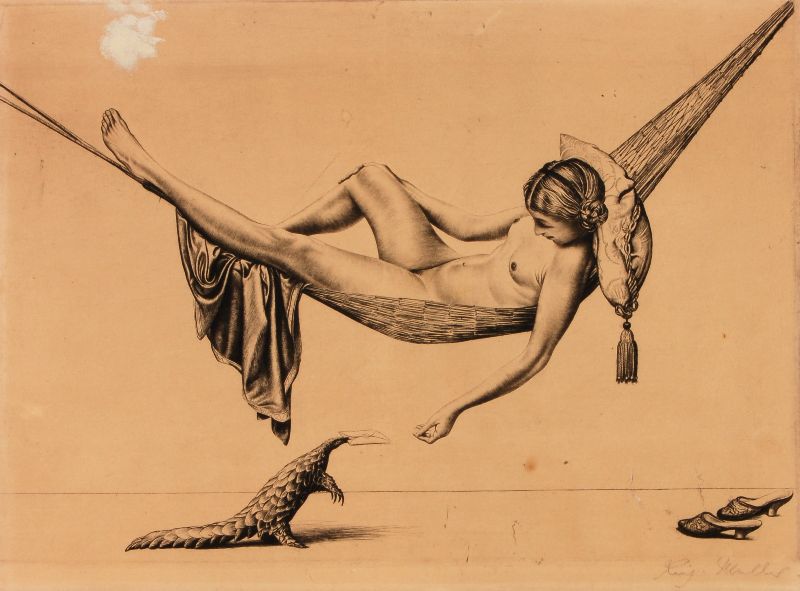
Poets and Lovers vit depuis trois ans, et c’est un petit miracle. Partout se met en place une censure « préventive » d’Internet, où divers opérateurs invoquent toutes sortes de raisons pour bloquer des sites, tandis que des lobbies réactionnaires avides de pouvoir et de subsides publics, sous couvert de « protection des enfants », exigent des opérateurs la censure de divers contenus qu’ils qualifient arbitrairement de « maltraitance d’enfants ».
Dans un climat de haine, de chauvinisme et de militarisme, Poets and Lovers continuera à défendre la poésie, la liberté et l’amour. C’est la seule voie pour faire apparaître le merveilleux dans nos existences. CONTINUE READING / CONTINUER LA LECTURE…


